Advertisement
With Another New Movie Theater, A Look At Boston’s Moviegoing Past And Future
Downtown Boston used to be dotted with first-run movie theaters like the Cheri, the Charles, Beacon Hill and Sack 57. Before that there was also the Music Hall, the Saxon, Gary Cinema and Savoy. That's where big movies with big stars would open on Friday nights. Though distribution practices are shifting, first-run theaters still typically have exclusive deals to open mainstream and studio movies and screen them for a contracted amount of time. In 1988 Loews bought out downtown's first-run theaters and eventually consolidated its screens to one Boston Common location now run by global behemoth AMC.
For nearly 20 years, there has only been two choices downtown for blockbuster opening nights (the AMC and the Regal Fenway). No new first-run theaters have opened within city limits since 2001.
All that has changed in the past two years with the AMC South Bay in Dorchester (opened December 2017), ShowPlace ICON in Seaport (opened February 2018), and the newest, ArcLight Cinema at the West End's Hub on Causeway development (which opened last month). And these aren’t your everyday, run-of-the-mill multiplexes. All three profess luxury with reclining, sometimes heated or reserved seating and the ability to take your variation of a Manhattan with you, among other amenities.
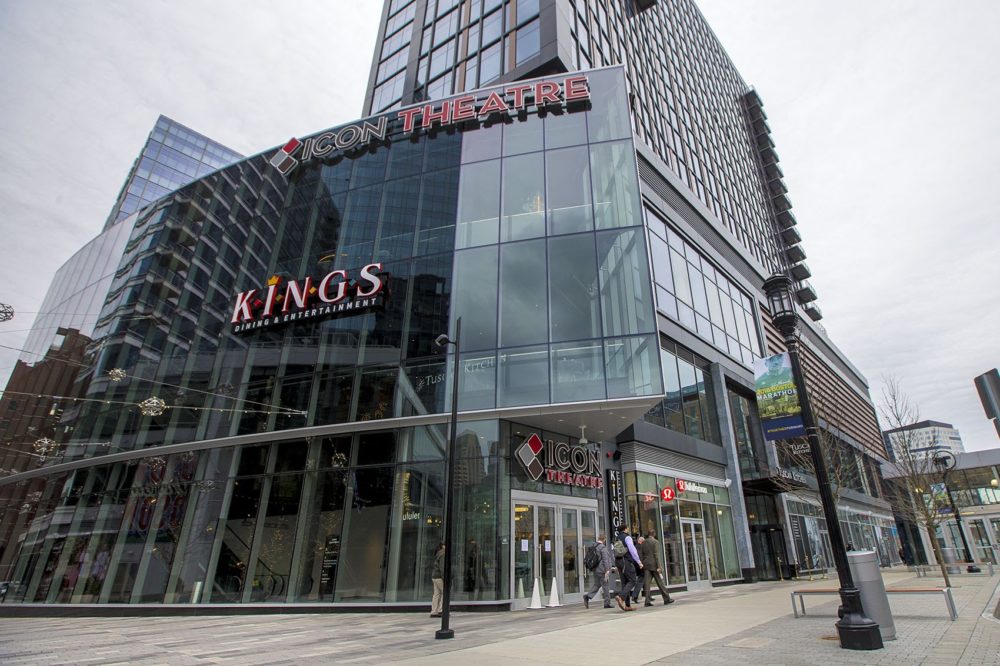
Boston — or moviegoing itself — may be undergoing some kind of renaissance. Or is the city just making up for lost time?
Long-time Boston moviegoer Ian Judge says Boston proper has been “viciously underserved” by movie screens for decades. He and others have documented their memories of demolished and closed Boston theaters on the Cinema Treasures website.
Yet as director of operations for the Somerville and Capitol theaters, Judge also pays attention to Boston’s vibrant art house scene, or the places that screen independent and foreign titles. The theaters he manages (which together make up Frame One Theatres), along with the film program at the Museum of Fine Arts, Brookline’s nonprofit Coolidge Corner Theatre, Cambridge’s nonprofit Brattle Theatre, Harvard Film Archive, and Landmark Kendall Square Cinema (owned by Cohen Media Group as of 2018) — plus a dozen others if you start casting the net toward state borders — offer remarkable diversity in terms of financial structure and obligations to (and opportunities from) distributors. For moviegoers, that adds up to an abundance of innovative, unpredictable film programming with differing levels of risk for those behind the scenes.
Advertisement
What sets ArcLight apart, then, is that it’s at once a deluxe multiplex and an art house cinema. It touts comfy seating, fancy “nacho tots” snacks, and Dolby Atmos. Yet according to Vince Szwajkowski, ArcLight’s chief marketing officer, the theater will also premiere select hits from festivals like Sundance, partner with local film festivals, and embrace local “makers” as it has with its film contest, for example. ArcLight just hosted the Boston premiere of “Uncut Gems,” jammed with talent tied to New England like Kevin Garnett, Adam Sandler, directors Josh and Benny Safdie, and composer Daniel Lopatin.
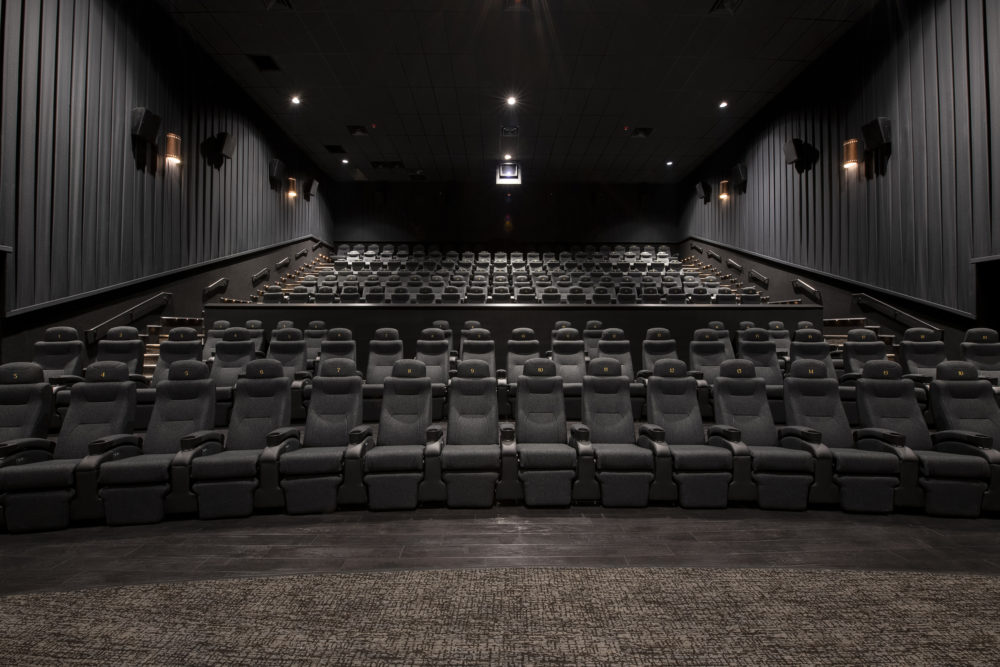
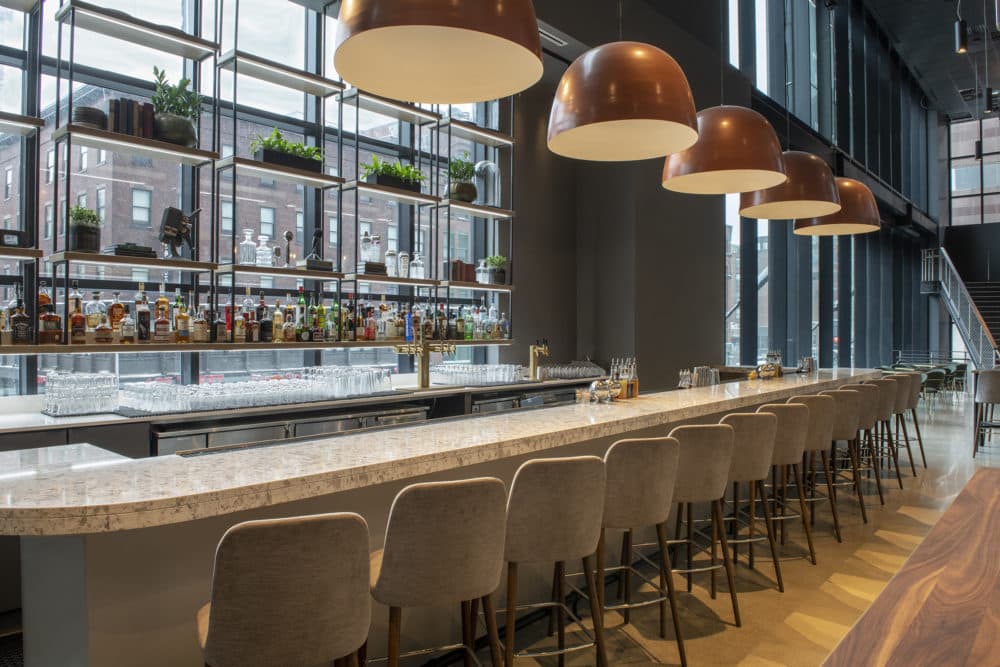
The Somerville Theatre has hosted Boston premieres for films from Sundance and similar festivals through its 16-year partnership with the IFFBoston. Yet even still, Judge says when it comes to theaters, "more is better" and competition will "keep downtown on its game."
Part of what he’s referring to is projection quality. He explains that "many of the big chains are notorious for things like leaving the 3D filter on when showing a 2D movie ... which dims the screen considerably." Meanwhile, ArcLight has earned a reputation in Los Angeles for its technical execution, especially its projection. ArcLight also practices screen masking, or blocking off portions of the screen, to ensure films are seen in their correct aspect ratio.
Judge observes that these slightly pricier new theaters are “almost on a different tier." To him, they reflect how Boston is "rapidly becoming for the rich or the poor." ICON's adult seats sell from $11.50 to $23 and ArcLight’s range from $11 to $16. Adult admission at AMC Boston Common ranges from $12.69 to $14.19. (In all cases additional services fees may apply.)
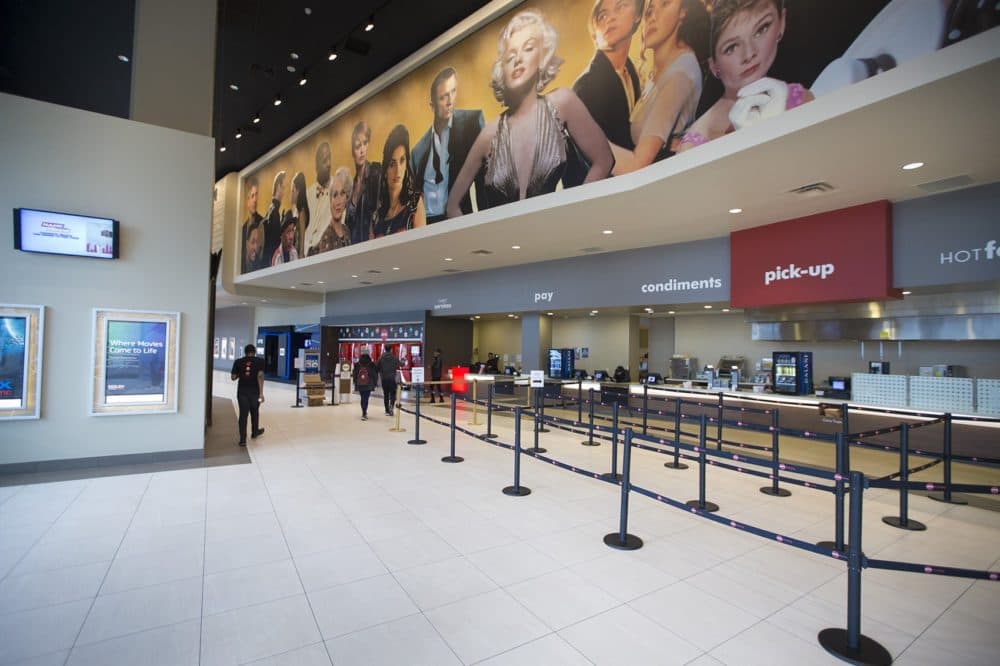
All three new megaplexes arrive during a building boom in Boston. According to Szwajkowski, the Los Angeles-based family-owned chain has had its eye on Boston for seven or eight years, with a formal plan in place for its Causeway location for the last five. The new digs (ArcLight's 11th location) are just steps away from TD Garden, part of the Hub on Causeway development that includes residences, restaurants, a hotel and grocery store.
Whether attached to urban development or an attempt to breathe life into outskirt malls, deluxe or “full-service” moviegoing is part of a national trend. As a comparison, the Washington D.C. region saw its first luxury cinema open in 2002. When ArcLight opened in Bethesda in 2014 its marketing representative compared the night out to opera. Now high-end movie experiences from Madison to Colorado Springs are being painted as a way for struggling theaters to survive peak TV and the streaming bonanza. But not everyone believes movie theaters need saving.
Ned Hinkle has run the single-screen repertory program at the Brattle Theatre since 2001. He doesn’t buy “death of movies” hand-wringing here or anywhere. He sees that message as part of the product Hollywood sells. Hinkle recalls reading a statistic that movie-going has been on a plateau for decades and he’s right.
Overall movie admissions have hovered around 1.3 billion (in the U.S. and Canada) for the last 10 years and haven’t changed dramatically since 1987, according to data collected by the National Association of Theater Owners (or NATO). The number of screens at indoor cinema sites has decreased over the past two decades (and remained fairly stagnant over the past 10 years) while box office grosses have increased. At CinemaCon 2019, NATO president John Fithian reported a positive correlation between people who like to attend movies in theaters and people who stream them.
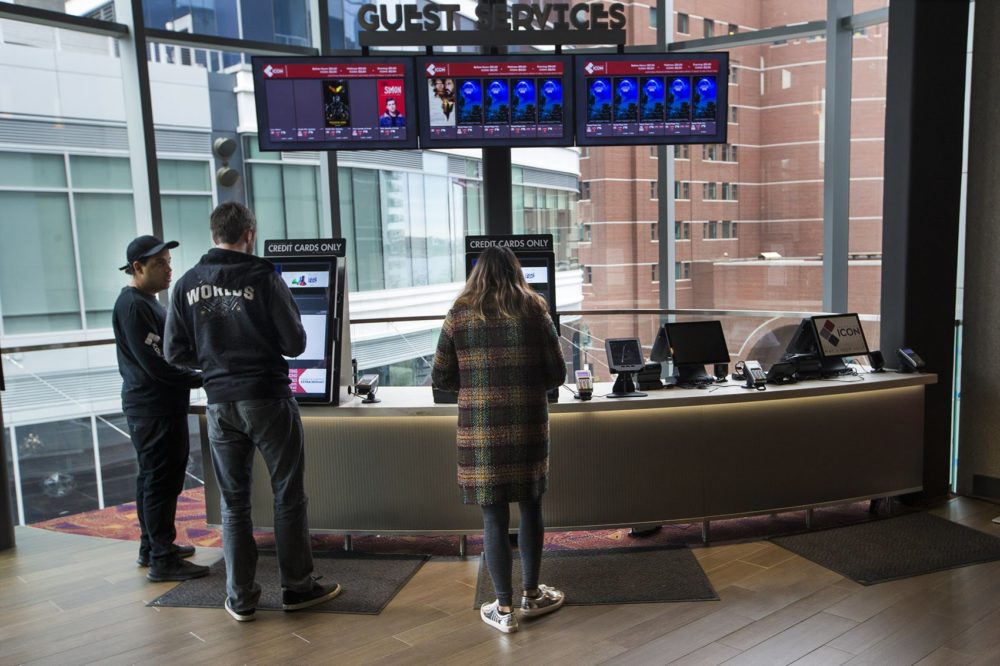
Judge sums it up more simply, “People who like movies like movies.” Yet on any given night, only so many people in Boston will decide to see one in a theater. Whereas chain theaters follow an in-house formula to provide a similar experience at every location, places like the Brattle or Somerville make their cases as being incomparable. As unique as well as historic destinations, Hinkle describes the Brattle’s potential competition as “everybody and nobody.”
What remains to be seen for these and the Boston area's other independent and art house venues, is which of ArcLight’s dueling personalities will resonate most with moviegoers. Beyond multiplex amenities, ArcLight also has plans to screen 35mm and 70mm film. That taps into a particular craving that Boston has been able to meet as well as any other city outside of New York or LA. (Kodak named Boston the #3 city to see film on film in 2017.)
“Does this mean we’ll be competing for a limited number of prints?” wonders Judge, whose Somerville Theatre hosts an annual 70mm and wide screen film festival.
In addition to being able to regularly see in-person talent with films and an incredibly robust film festival circuit, it’s plausible to see a “film on film” nearly any day of the week in the Boston area. The Museum of Fine Arts, the Brattle, and Harvard Film Archive regularly project 35mm (not to mention the HFA’s extensive collection of various formats) while the Somerville and Coolidge project 35mm as well as 70mm. Other college and university film programs also occasionally project film. Hinkle compares the affinity for film on film to a love of vinyl records.
Film fervor may help bolster repertory outfits like the Brattle, programming as it so often does from the past (where else would you see “Casablanca” on Valentine’s Day?), but a few zeitgeisty hits, or lack thereof, can make a big difference to outfits with programming like the Somerville or Coolidge.
“Aside from Tarantino there were no verified hits over the summer,” says Judge. He says last year’s “Black Panther” ran for months, making 2018 one of the theater’s best on record (the success of specialty box office hits like “RGB” and “Won’t You Be My Neighbor?” didn’t hurt either). This year, he says, has been one of the worst, though things are picking up the last quarter.
ArcLight’s Szwajkowski, Judge, and others peek into tickets sold per screening per theater through a subscription-based service called ComScore. Judge says he just as often gets a sense from visiting theaters and seeing how many seats are filled or if the place is clean.
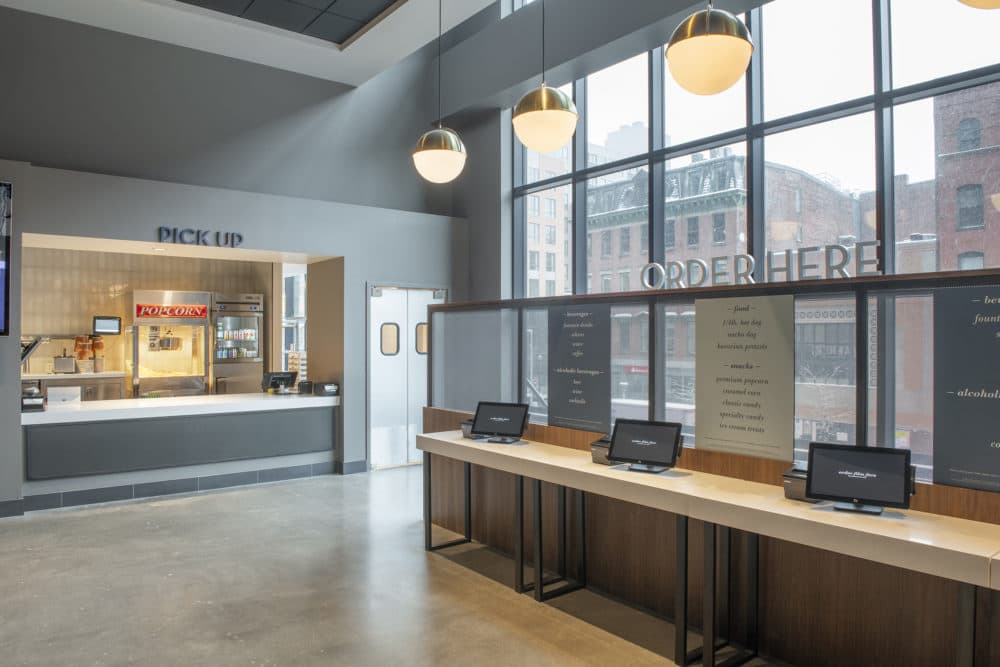
When Judge looks into the future, he says he’s far more troubled by the prospect of the Justice Department’s repeal of the Paramount decrees from 1948 than he is by a new theater coming to town. The Paramount Decrees essentially broke up movie monopolies, making it illegal for studios to own and thereby control what theaters played. “If the practice of block booking comes into play, it will hurt theaters with a small amount of screens, like under 15," says Judge. That includes the two theaters he oversees and pretty much every art house cinema in the region.
Ultimately, most of us make our moviegoing decisions based on convenience, comfort, technical quality, content, and concessions. Boston’s new movie theater boom guarantees more dimension to all of those categories but one.
“The number one thing always at issue for movie theaters — whether the fanciest or most run down — is quality of movies,” says Judge. When it comes to new movies, “We don’t know what’s coming.”
